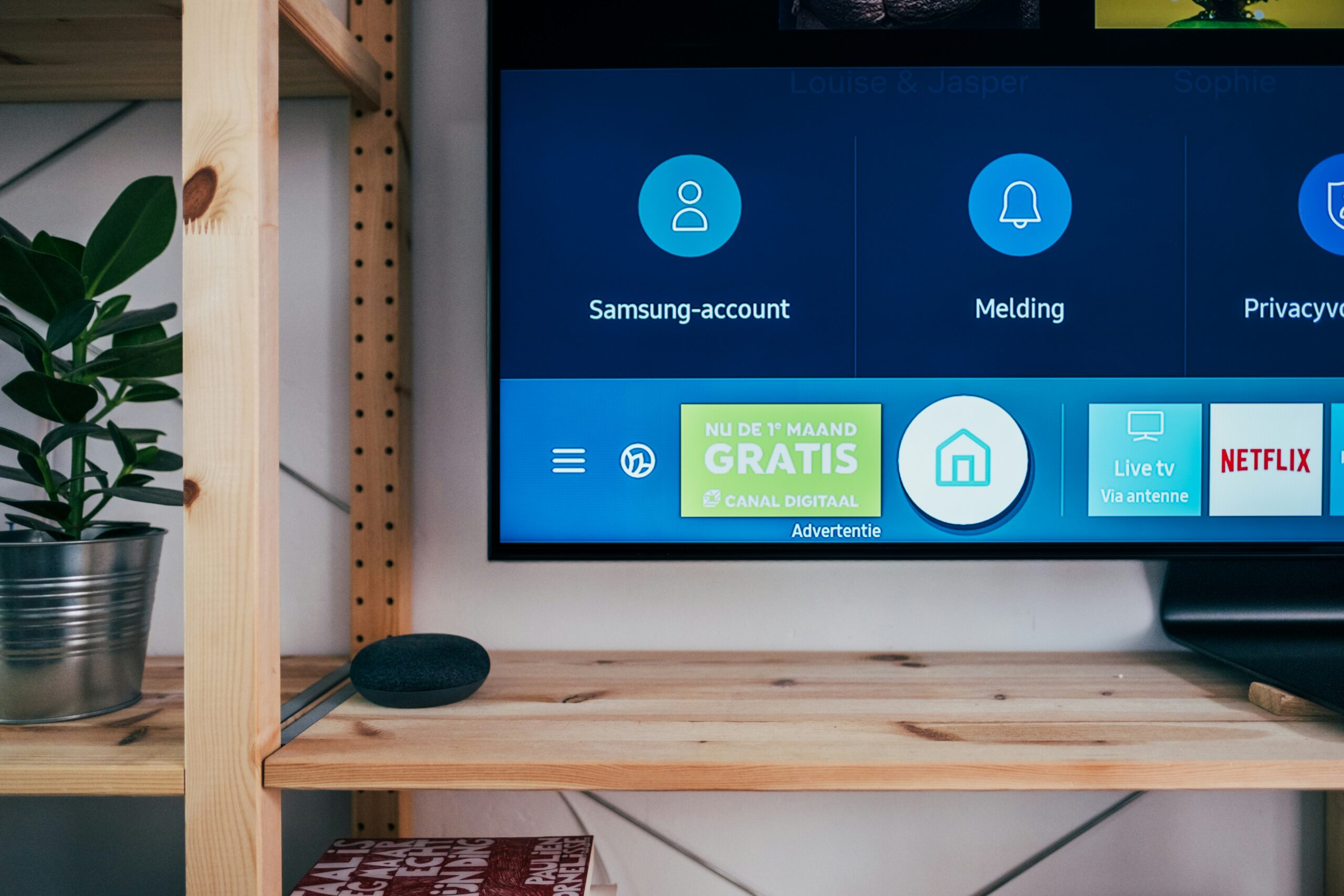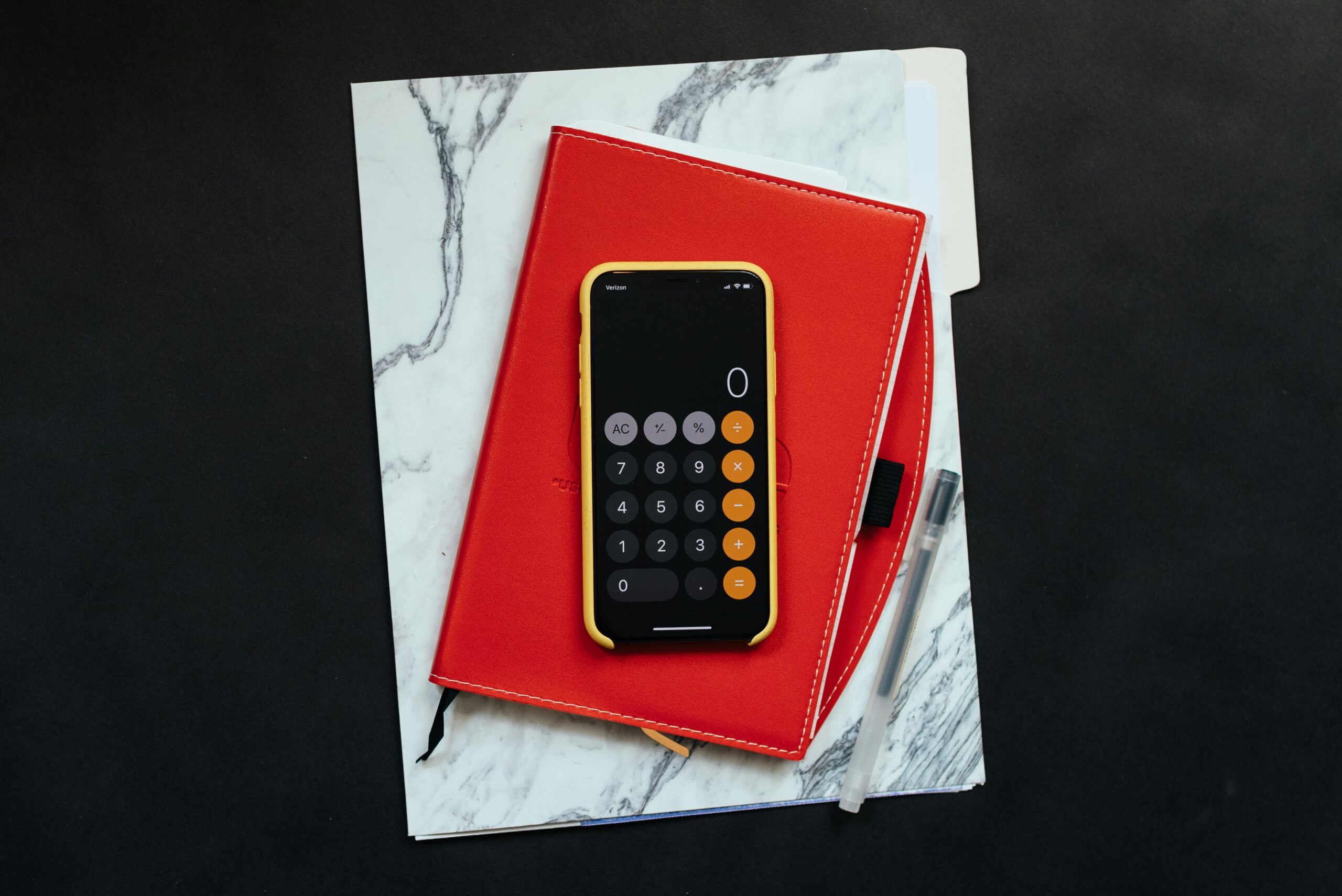
How to Buy A Car (Tips to Getting a Great Deal)
Buying a car is an exciting and significant milestone in many people’s lives. Whether you’re a first-time buyer or looking to upgrade your current vehicle, the process of purchasing a car involves careful consideration and research.
In this guide, we will explore those key steps and show you how to buy a car that aligns with your needs, preferences, and budget.
Make a List of Priorities
One of the best ways to buy a car is to look for one that has a great maintenance record.
Yes, there are exceptions. If you’re at a stage of your life where cars can be considered a frivolous expense, go ahead and get the Maserati that needs to be taken into the shop every other month. If that’s how you enjoy spending your money, embrace it.
For the rest of us, we want a car that will keep us out of the mechanic shop.
After that, it really comes down to your lifestyle. Here are some items that could be hard requirements for you:
- Snowy weather: I learned to drive in the mountains of Colorado. For me, 4×4 or AWD is a requirement.
- Kids: You might need the extra space from a minivan or SUV.
- Cargo space for dogs: I have a 200lb mastiff; having enough space and easy accessibility for him is another hard requirement of mine.
- Electric: If you live near electric charging stations, you could make the jump to an electric car.
- Camping or other activities: Get enough clearance to handle bumpy roads and obstacles.
- Gas mileage: If you drive a lot and have a tight budget for your car, get one with better gas mileage. You can easily cut your monthly gas bill in half by choosing the right car.
Start your list with “must-have” features that you can’t live without.
My main recommendation is to avoid picking out a flashy car just for the sake of having one. Some of you may truly want that brand-new BMW. If it’s part of your Rich Life and truly makes your life delightful, find a way to make it work. But many of us get sucked into thinking that we should enjoy luxury cars when we don’t. Every dollar you don’t spend on your car is one extra dollar you can spend on an area of your life that brings you true joy. That’s the reason I still drive my 18-year-old Honda, which is something I spoke about in my interview with CNBC.

Determine Your Budget
Most financial experts suggest that you spend a maximum of 15% of your take-home pay on a car.
Let’s say you make $65,000 per year. If you pay 30% in taxes, you’re left with $45,000. 15% of your post-tax take-home is $6,825. That translates to $568.75 per month on a car.
Of course, there’s a big difference between how much you can spend on a car and how much you should spend on a car.
One of the smartest ways to buy a car is to determine the maximum amount that you can afford to spend.
One way to give yourself a larger budget is by saving up ahead of time. That’s what I’ve been doing. I set up an automatic savings of $100/month several years ago that goes into a special car savings account. The whole automatic savings system is broken down here. Now I have a tidy sum that gives me a lot more flexibility with the car I want.
How you’re planning to pay for your car will also impact your budget. Are you taking out a loan, or will you be paying cash?
Don’t forget about the other hidden costs associated with buying a car, such as:
- Vehicle registration
- Title fee
- Insurance
- Ownership taxes
- Parking
- Gas
- Maintenance
- Smog or emissions testing
Be sure to estimate all these costs. Once you buy a new car, you could easily be spending an extra couple of hundred dollars every month.
Buying Vs. Leasing
Let’s keep this simple.
Leasing is almost always a terrible idea. Don’t do it.
Buy your car, keep it for 7-10 years, then buy another. That’s how you get the most value out of a car.
Leasing only makes sense if two things are true for you:
- You love having a new car every couple of years. This is part of your rich life, and you’d gladly cut costs in other areas of your life to support it.
- You have the budget to pull this off.
Basically, you have both the means and the genuine desire to drive new cars regularly. Since you’ll be swapping out cars often, leasing will be the best option for you. It’s still a lot more expensive than buying and owning for 10 years, but you’ve made the conscious choice that it’s worth it. In that case, go ahead and lease guilt-free.
Best Way To Buy A Car: New Vs. Used
I have two facts for you.
First, buying a used car is by far the better deal. As soon as a car drives off the lot, it loses a ton of value. Essentially, you will be spending several thousand dollars for the privilege of driving it off the car lot.
New vehicles depreciate by more than 10% in the first month of the purchase. Vehicles lose roughly 20% of their value in the first 12 months of ownership. Expect your vehicle to lose an additional 10% of its value each year.
If you want to maximize the value of your dollar, get a used car.
I’m not sure what happened in my childhood, but I hate sharing. And that applies to used stuff. I’d rather buy a new one, use it until it falls apart, then buy another new one. I’m like this with EVERY purchase.
So yes, buying a used car is a better decision financially. But I still buy new things out of personal preference.
You get to make the same choice.
Second, if you plan to go the used car route, a certified pre-owned vehicle (CPO) will be your best option. In most cases, CPO cars have low mileage and no history of major accidents. They are gently used, pass a thorough dealership inspection, and include a warranty from the original manufacturer.
Still undecided? Our article, “Should I Buy A New Or Used Car? Pros, Cons (& getting a great deal)” will give you insights.
What To Know About Auto Loans When Buying A Car
The majority of car purchases are financed. So if you’re buying a new or used car, there’s a good chance that you’ll need an auto loan.
Most people will get financing directly from the car dealership, but smart buyers shop around for the best loan option. Getting your loan from a dealership can be an expensive mistake if you fail to seek alternative lenders.
These are some of the most common places to get an auto loan:
- Large national banks
- Small community banks
- Credit unions
- Car dealerships
I recommend getting your financing pre-qualified from a third-party lender before you start shopping around at dealerships. With an accurate budget, you’ll know exactly how much you can afford.
Your credit score will have the most significant impact on getting approved for a car loan. You should check your credit score and view your credit report before you start applying for loans. Remember not to close any credit cards before applying for a car loan. That’ll lower your credit score and give you a worse interest rate.
Try to boost your score and remove any errors from your report. These factors have a direct correlation to the amount of your loan as well as the interest rates.
According to Lending Tree, the average APR financing for credit scores 720 or higher is 5.33%. Consumers with a credit score between 620 and 659 have an average APR in the 13% range, and scores below 560 have an average APR of 21.10%.
If you seek pre-qualification from multiple sources, you can potentially get these lenders to compete against each other for the best loan terms. But it all starts with a solid credit score.
For more on this subject, check out the video below:
Due Diligence For Buying A Car
Once you’ve narrowed down your options based on your priorities and budget, you should make a shortlist of two or three cars that fit the description of your needs.
But before you finalize a decision, you need to keep researching to find the best year, make, and model.
Read consumer reports. Review vehicle safety reports and crash test ratings. Pay particularly close attention to maintenance ratings.
If you’re buying a used car, make sure you know the full history of the vehicle, including how many owners it’s had and whether it’s been in any accidents. The best way to do this is by researching the car’s VIN for specific reports. Carfax and AutoCheck are two popular tools for this purpose.
Use online resources to gauge how much a car is worth based on factors like mileage and condition. Compare prices between dealerships to make sure you’re getting the best price.
You should always take the car for a test drive and inspect it yourself whenever possible. Buying a vehicle sight unseen is never a good idea. Test drives won’t be an issue when you’re going through a dealership, but there’s no guarantee when buying directly from an owner.
Always get a pre-purchase inspection if you’re buying a used car. This is conducted by an independent mechanic. The mechanic will evaluate the condition of the vehicle and let you know if certain things (like brakes or tires) need to be replaced soon.
What To Expect With Car Dealerships
Once you locate the car you want to buy, it’s time to visit a dealership.
As you’re browsing the lot, you’ll likely be approached by a car salesperson within a few minutes. If not, you can always request assistance from the receptionist or front desk.
The initial introduction will be pretty informal. You’ll exchange names and give some brief information about the type of car you’re looking for. The salesperson will show you some different options and offer to take you on a test drive.
It’s important to take the approach that you’re not in a hurry to buy. I’ve purchased a handful of cars in my life, and none were bought on the first day I walked into a dealership.
You can’t make an informed decision and complete your due diligence if you’re in a rush. A car that was initially at the top of your list based on preliminary research could be eliminated after a test drive.
The salesman at the dealership will likely follow up with a phone call over the next week to see if you have any questions.
Once you’re ready to make the purchase, you’ll come back to the dealership to negotiate the price and discuss financing options. We’ll talk more about these negotiations shortly.
Buying A Car Directly From An Owner
Buying a car directly from an owner can be one of the best ways to buy a car. However, there are some things to keep in mind.
There is no financing with a purchase directly from an owner. So be prepared to pay upfront with cash. You could potentially take out a personal loan from a bank or credit union, but the financing will be set up on your own.
The two most important documents in a private sale are:
- Title
- Bill of sale
If the owner doesn’t have a clean title, don’t buy the car. The car could be stolen, or the seller might not own the vehicle outright. If you buy a car with a lien on it, the financing company could repossess it if the seller stops making payments.
The bill of sale typically includes:
- Year, make, model
- VIN (Vehicle Identification Number)
- Date of sale
- Sale price
- Names and addresses of the buyer and seller
- Notation of conditions or guarantees
In most private sales, the notation is “sold as is.” The seller won’t be responsible for anything that happens to the car after the transaction is made.
You can request a pre-purchase inspection by a mechanic, but the seller doesn’t have to agree to anything. That’s part of the risk of buying directly from an owner.
In most cases, I wouldn’t consider a private sale unless the purchase was for a low amount, like $5,000 or so.
Negotiating The Best Deal For A Car
Time is on your side when it comes to negotiating. Make it clear that you’re in no rush to buy, and be prepared to walk at any minute.
Don’t fall victim to high-pressure sales tactics or make an impulse purchase. The best time to buy a car is at the end of the year or the end of the quarter when the sales staff is trying to meet their quota. Buying a car on New Year’s Eve could get you an 8% discount alone.
Also, wait until the new year models are released. Dealerships will be trying to get rid of the previous year’s models at that time.
In other words, negotiate when you have leverage. At the end of the year, sales reps short on quota are willing to push deals to the limit. This also works at the end of each quarter. If you only do one thing to improve your car negotiation, do this.
There are plenty of smaller tactics you can try too.
- Try to find a cheaper price for the same vehicle elsewhere, then bring that up during the negotiation process.
- Get the dealer to eliminate unnecessary add-ons like rust-proofing or extended warranties. Or ask them to add them at the last minute for free.
- Research any manufacturer incentives or rebates that might be available for the car you want.
During the negotiation process, it’s easy to get confused as the dealer starts throwing numbers around. Always repeat things slowly and write everything down to confirm.
Don’t mention your trade-in until the very last moment. If you tell them about your trade-in from the beginning, the dealer could use it against you.
For example, let’s say you’re looking at a $25,000 car, and the dealer’s rock-bottom price is $20,000 (although you won’t know this information). If the dealer knows your trade-in is worth $3,000, they might drop the price to $23,000 to get you out the door for a total purchase price of $23,000.
But if you wait to mention the trade-in, you could negotiate all the way down to $20,000, and then talk about the trade-in. In this case, the final sale would be $17,000.
Frequently Asked Questions About The Best Way To Buy A Car
What Credit Score Is Needed To Buy A Car?
Your credit score needs to be as high as possible before you buy a car—ideally, this means more than 740.
A credit score this high puts you in a prime position to get the best interest rates, with the added benefit of not having to worry about whether or not your loan will get approved.
What Is The Best Time Of The Year To Buy A Car?
The best time of the year to buy a car varies, but there are a few favorable periods to consider. The end of the month or quarter, end of the year, and holiday weekends often offer discounts and incentives.
Additionally, when new models are about to be released, dealerships may offer discounts on previous models.
The winter season, with lower demand, can also be a good time for potential savings.
However, it’s important to research, compare prices, and negotiate regardless of the time of year to ensure the best deal for your specific circumstances.
How Can I Lower My Car Insurance Premiums?
To lower your car insurance premiums, shop around and compare quotes from different providers.
Consider increasing your deductibles and maintaining a clean driving record. Bundling your insurance policies and asking about available discounts can also help reduce costs.
Review your coverage limits and consider adjusting them to fit your needs.
Additionally, maintaining a good credit score and exploring usage-based insurance programs may contribute to potential savings.
By taking these steps, you can work towards lowering your car insurance premiums while maintaining the necessary coverage.
If you liked this post, you’ll LOVE my Insider’s Newsletter
Join over 800,000 readers getting content that’s not available on the blog, free:
Written by Ramit Sethi
Host of Netflix's "How to Get Rich", NYT Bestselling Author & host of the hit I Will Teach You To Be Rich Podcast. For over 20 years, Ramit has been sharing proven strategies to help people like you take control of their money and live a Rich Life.



